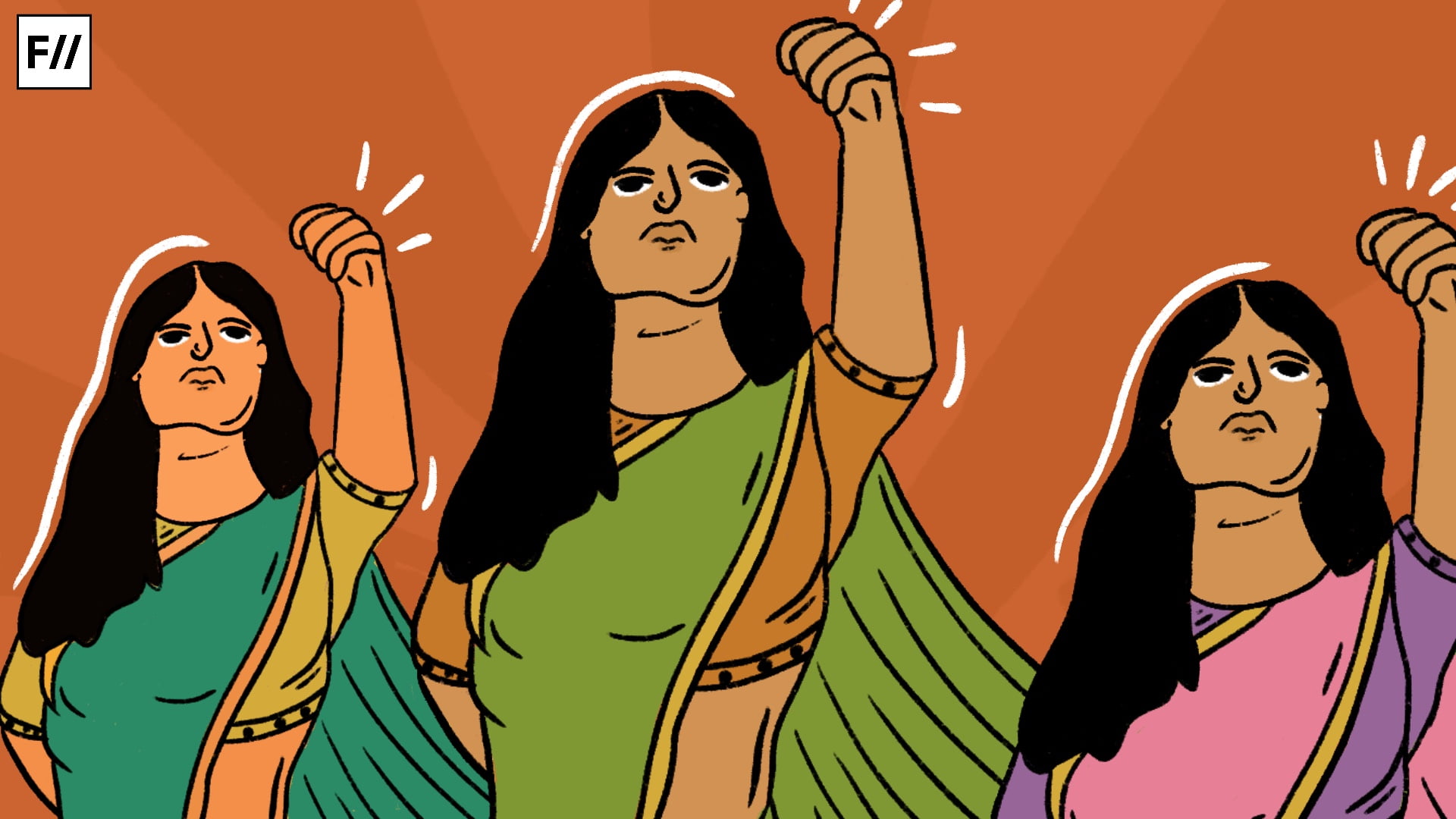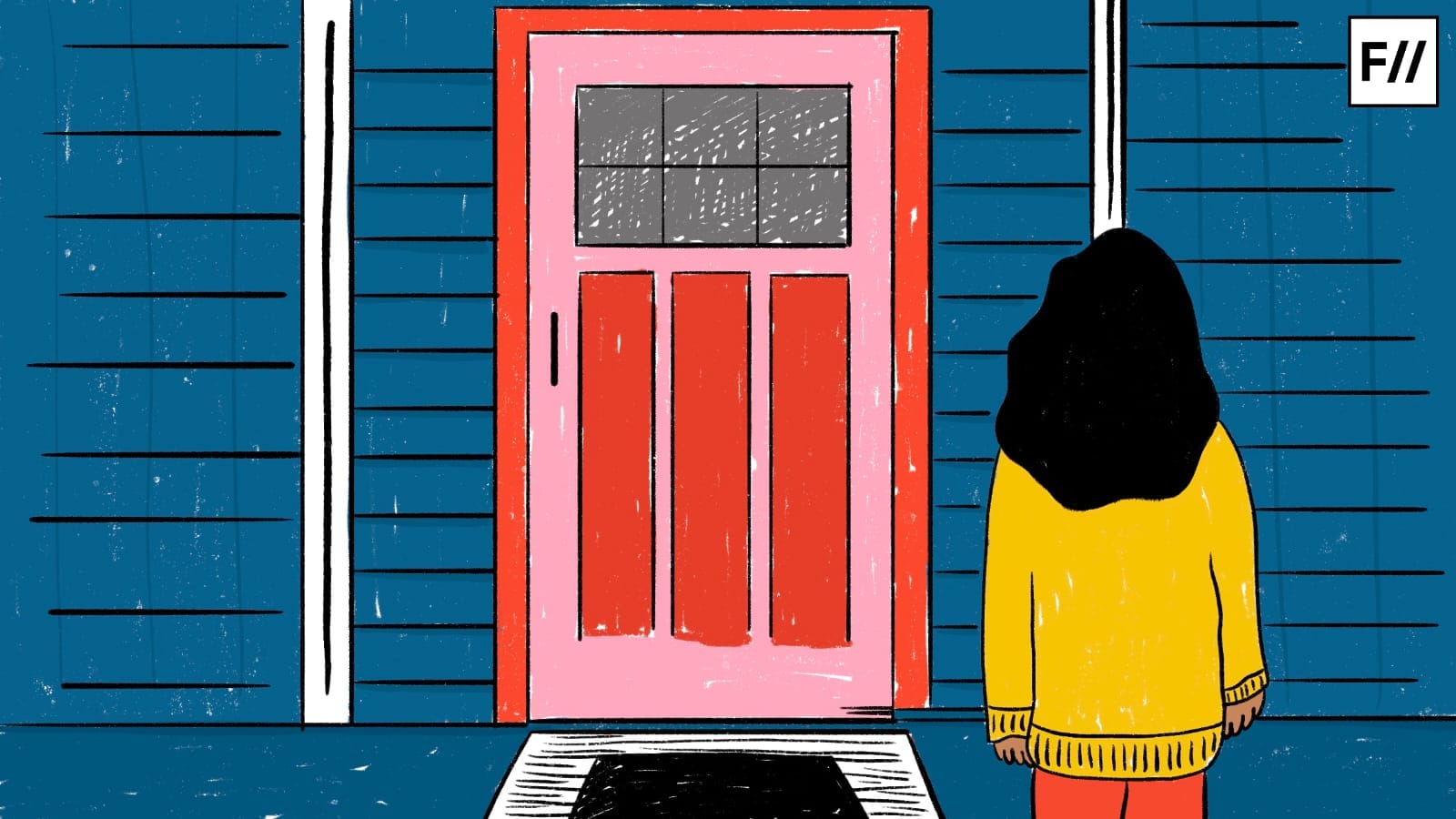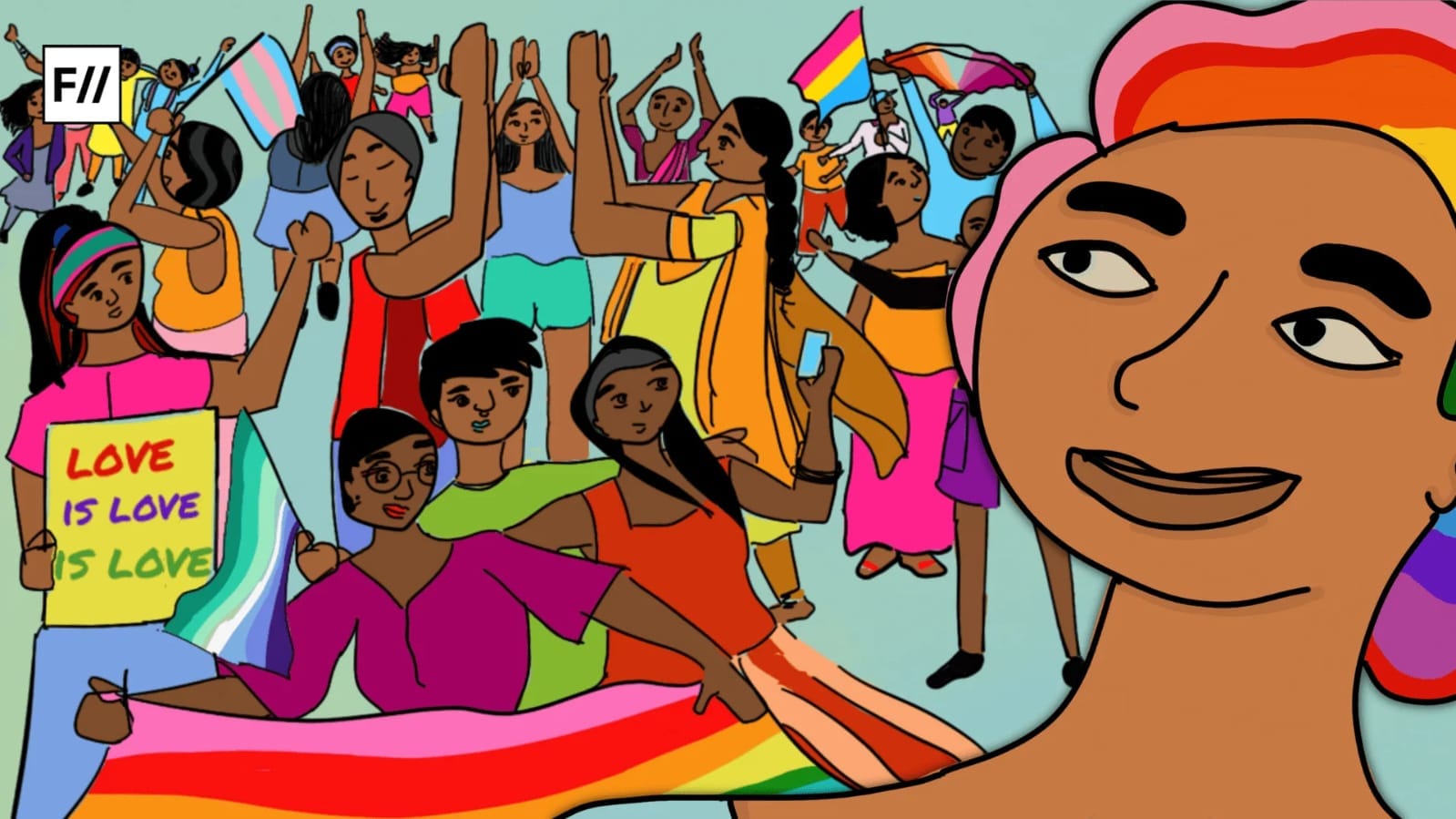Trigger Warning: Mentions of rape
Pursuing gender equality and justice for women in India has been an arduous journey, fraught with obstacles and setbacks. Recent incidents, particularly those involving the judiciary, have reignited a sense of urgency and outrage within the feminist movement.
A woman filed a complaint on March 30, 2024, alleging that a court magistrate in Hindaun, Rajasthan asked her to undress to see her injuries. Mina Meena, the Deputy SP (ST-SC) cell, stated that the survivor refused to comply with the magistrate’s request. After recording her statement in court on March 30, she registered a complaint against the magistrate for outraging her modesty. The case was lodged at the Kotwali Police Station and the magistrate was booked under Section 345 of the Indian Penal Code and the SC/ST Act.
According to the police, the woman was allegedly raped on March 19, and an FIR was registered on March 27 at the Hindaun Sadar Police Station in connection with the matter.
The patriarchal attitudes and insensitive remarks displayed by the judges not only undermine the principles of fairness and impartiality but also serve as a grim reminder of the deeply entrenched misogyny that permeates societal structures.
The case of the Rajasthan Magistrate and the Dalit rape survivor
The appalling incident involving a magistrate in Rajasthan’s Karauli district, who allegedly asked a Dalit rape survivor to strip to show her injuries, has come with a shock. The survivor’s alarming account of the magistrate’s demand, “Strip, I need to see the injuries on your body,” is a stark reminder of the dehumanising treatment that survivors of gender-based violence often endure within the very system designed to protect them.
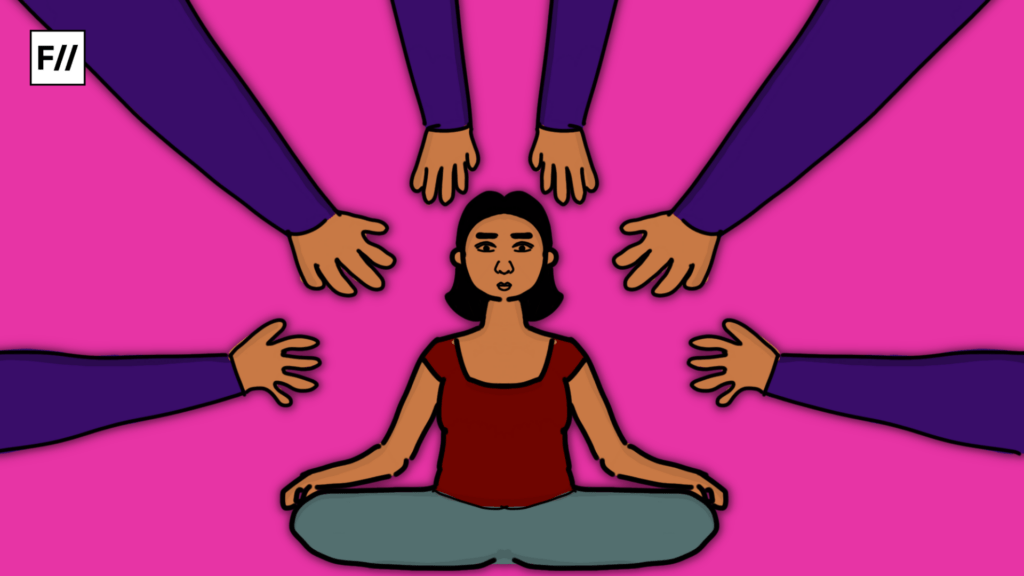
This incident not only highlights the systemic bias and lack of sensitivity towards survivors of sexual violence but also raises concerns about the intersectional challenges faced by marginalised communities, particularly Dalit women.
The demand for a Dalit woman to strip in front of a male authority figure is a blatant violation of her dignity and a perpetuation of the oppressive power dynamics that have historically subjugated Dalit communities.
The underrepresentation of women in the judiciary
The lack of gender diversity within the judiciary itself is a significant contributing factor to the persistence of patriarchal attitudes and gender-based biases. According to the World Economic Forum, women comprise less than 10 per cent of South Asian judges. In India, women represent only 13 per cent of judges in the high courts, a stark underrepresentation that undermines the judiciary’s ability to truly reflect the diversity and experiences of the population it serves.
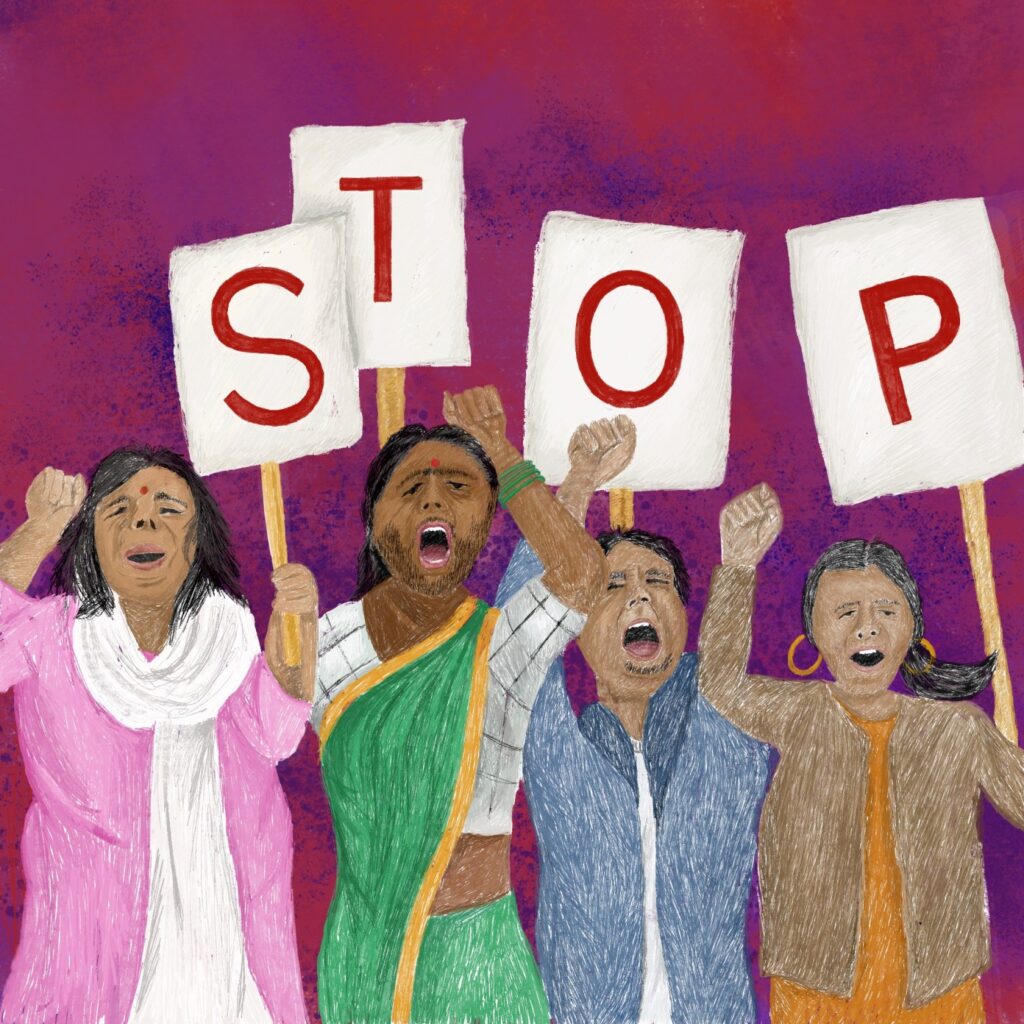
The absence of a representative judiciary has far-reaching consequences. Female survivors of gender-based violence are often deterred from pursuing legal recourse when confronted with a predominantly male judicial system. The presence of women judges can foster a sense of comfort and understanding, enabling survivors to navigate the legal process with greater confidence and support.
Women judges have played pivotal roles in advancing progressive jurisprudence and challenging entrenched patriarchal norms. Justice Ayesha Malik’s groundbreaking decision in Pakistan, declaring the unscientific and misogynistic “two-finger test” for rape survivors unconstitutional, exemplifies the transformative impact that women judges can have on the criminal justice system’s response to gender-based violence.
The misguided “marry your rapist” jurisprudence
The remarks made by former Chief Justice of India Bobde, suggesting that a serial rapist of a minor girl could marry his victim to secure bail, have ignited a firestorm of criticism and outrage within the feminist movement. Such comments not only trivialise the trauma and long-term impacts of sexual assault but also perpetuate the dangerous notion that marriage can absolve or mitigate the gravity of sexual crimes.
Indian law explicitly prohibits the compounding of rape and other sexual offences through marriage between the perpetrator and the victim. The Supreme Court, in the cases of Shimbhu & another vs State of Haryana and State of M.P vs Madanlal, has unequivocally stated that rape is a non-compoundable offence and cannot be resolved through compromise or mediation.
By indicating a willingness to consider marriage as a mitigating factor in granting bail to sexual offenders, the highest constitutional court risks normalising and trivialising sexual offences. This not only emboldens perpetrators but also deters survivors from coming forward, exacerbating the already low rates of reporting and perpetuating a culture of impunity.
Patriarchal prejudices and the need for gender sensitisation
The incidents mentioned above are not isolated occurrences but rather symptomatic of the deeply ingrained patriarchal prejudices and misogynistic attitudes that persist within the Indian judiciary. From the former Chief Justice’s condescending remarks about female farmers participating in protests to the Karnataka High Court’s assertion that it is “unbecoming of an Indian woman” to fall asleep after being “ravished,” these statements reflect a pervasive lack of gender sensitivity and a failure to uphold the principles of impartiality and fairness.
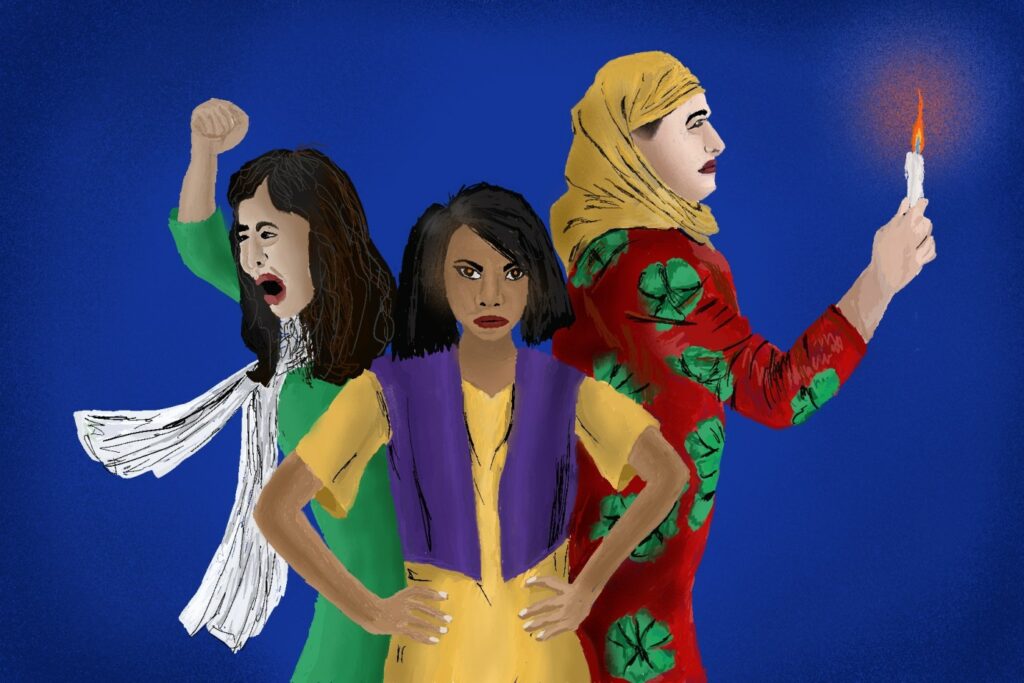
The need for comprehensive gender sensitisation within the judiciary cannot be overstated. Judges, as interpreters and enforcers of the law, hold immense power in shaping societal perceptions and attitudes towards gender-based violence and gender equality. Their words and actions have far-reaching implications, and even innocuous statements can perpetuate harmful stereotypes and undermine the pursuit of justice.
The Bangalore Principles of Judicial Conduct, adopted by the Judicial Group on Strengthening Judicial Integrity, emphasise the importance of impartiality, fairness, and the avoidance of biased or prejudiced conduct. Judges are expected to maintain and enhance public confidence in the impartiality of the judiciary and refrain from making comments that could reasonably be expected to affect the outcome of proceedings or impair the fairness of the process.
The path towards gender justice and equality
Addressing the systemic challenges within the Indian judiciary and fostering a truly feminist approach requires a multifaceted strategy. First and foremost, there must be a concerted effort to increase the representation of women at all levels of the judiciary. This can be achieved through transparent and equitable nomination and promotion processes, as well as the implementation of family-friendly policies and initiatives to support work-life balance.
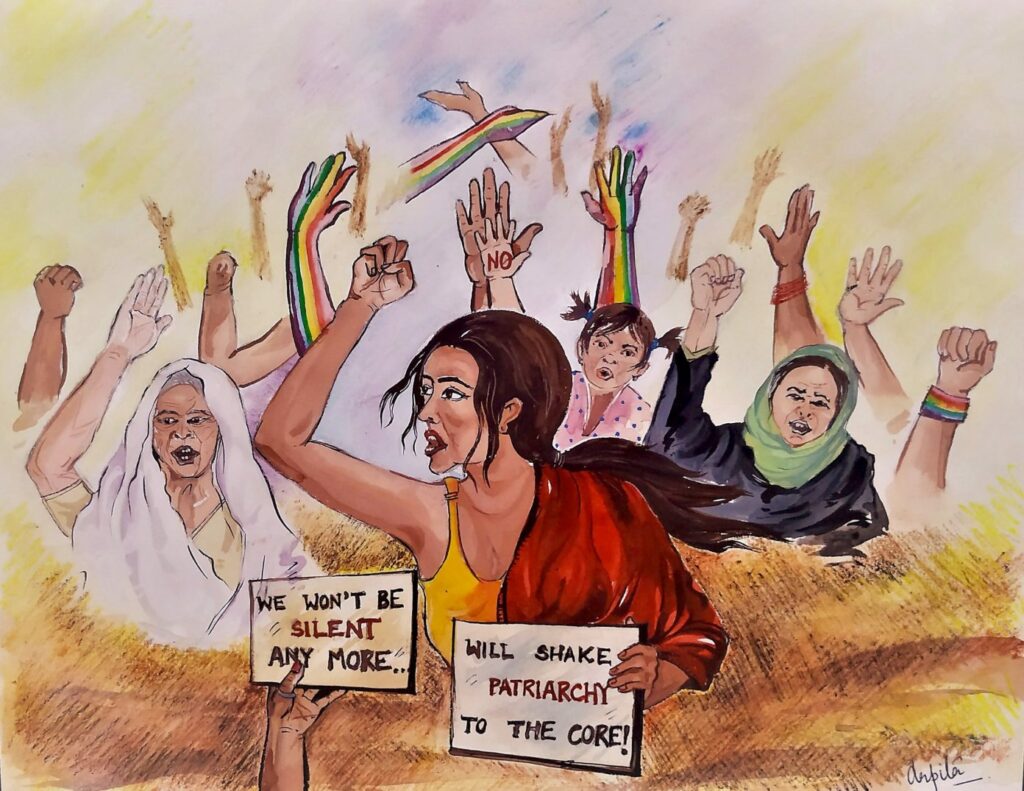
Secondly, comprehensive and ongoing gender sensitisation programs are essential for all members of the judiciary, from judges to support staff. These programs should aim to deconstruct deeply rooted biases, challenge patriarchal narratives, and cultivate an understanding of the unique challenges and experiences faced by marginalised communities, particularly survivors of gender-based violence.
Furthermore, civil society organisations, feminist advocates, and legal professionals must continue to hold the judiciary accountable and advocate for progressive reforms. Public discourse, media scrutiny, and sustained advocacy efforts can play a crucial role in challenging regressive attitudes and pushing for systemic change within the judicial system.
The journey towards a truly feminist judiciary in India is a long and arduous one, but it is a necessary step in the pursuit of gender justice and equality. By addressing the patriarchal attitudes and biases that persist within the judicial system, India can move closer to realising a society where the rights and dignities of all individuals are upheld, regardless of gender, caste, or any other social construct.
The recent incidents involving the judiciary have served as a sobering reminder of the work that remains to be done in the fight against gender-based discrimination and violence. The feminist movement in India must continue to challenge patriarchal structures, advocate for systemic reforms, and demand accountability from those entrusted with upholding the principles of justice and equality.
Only through a sustained and intersectional approach can India truly achieve a judiciary that reflects the diversity and lived experiences of its people, and a society where the ideals of gender justice are not merely aspirations but lived realities.
About the author(s)
Rahul is a PhD candidate at the Department of Humanities and Social Sciences, MNIT Jaipur. His research focuses on democratic decentralization, local governance, and political-administrative dichotomies. He is also interested in contemporary Indian socio-political thought and alternate histories, particularly those highlighting social and spatial marginality. Rahul holds a master's degree from the Faculty of Social Sciences at South Asian University. He has a deep passion for Hindi literature and enjoys discussing it at length.
